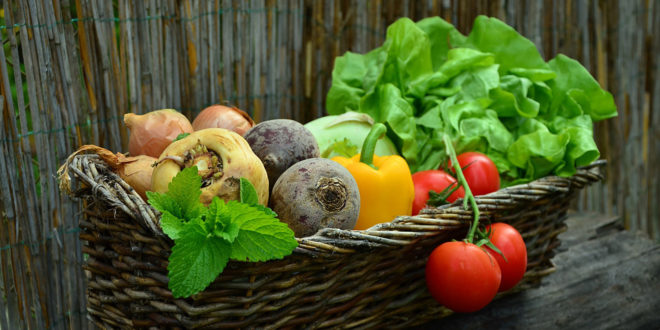Extra Calories
We slather our salads with dressing. Oftentimes, we think that it’s the dressing that makes the salad. And sometimes, they do but they can also pile on extra fat, salt, sugar and calories galore. Next time, you get ready to pour the dressing, stop and look at the label. Did you know that some dressings can provide 100 calories for every tablespoon? And most people like to add four, five or even six tablespoons. By the time they pour on the dressing, they have more calories in the dressing than in the actual salad.
Choose low calorie dressings, or make your dressing from vinegar, a little oil and a few spices. This way, you can control the calories by the amount of oil you add to your salad. Every tablespoon of oil is 100 calories so adding one to two tablespoons of a healthy oil such as olive oil, can help keep calories reasonable and provide a healthy fat profile.
Toppings
We pile on the toppings. Yes, we love our toppings: avocado, cheese, nuts, and others that can be loaded with calories that we forget to count. The high calorie toppings should be limited to a small amount… let’s say a tablespoon of nuts and seeds or 1/8 of an avocado. These foods add a healthy profile to our diet but avoid smothering your salad with these ingredients. Other toppings that are low in calories: shredded carrots, green onions, tomatoes, raisins, apples and others make healthy and delicious salads without the extra calories.
Proteins can be a great topping to make salads a meal by themselves. All sorts of beans, turkey, tuna, lowfat cheeses, boiled egg and tofu are just a few we can add to make a delicious meal.
Foundation Greens
We choose iceberg lettuce for the foundation of our salad. Although iceberg lettuce is a vegetable and can be a part of a delicious and healthy salad, it runs a little short on nutrients and fiber. Mix in other types of leaves such as red leaf, green leaf, radicchio, arugula, and others. These leaves offer beta carotene that the body uses to make vitamin A, vitamin K and vitamin C. Sometimes we can create a salad with beans, spinach, carrots, tomatoes and others as a foundation.
Most importantly, choose healthy ingredients that will support good health; then choose the ones that make your taste buds happy.
Pamela Williams writes from Southern California.
© 2002 - 2025, AnswersForMe.org. All rights reserved. Click here for content usage information. Answers for Me Support & encouragement for every-day life
Answers for Me Support & encouragement for every-day life



